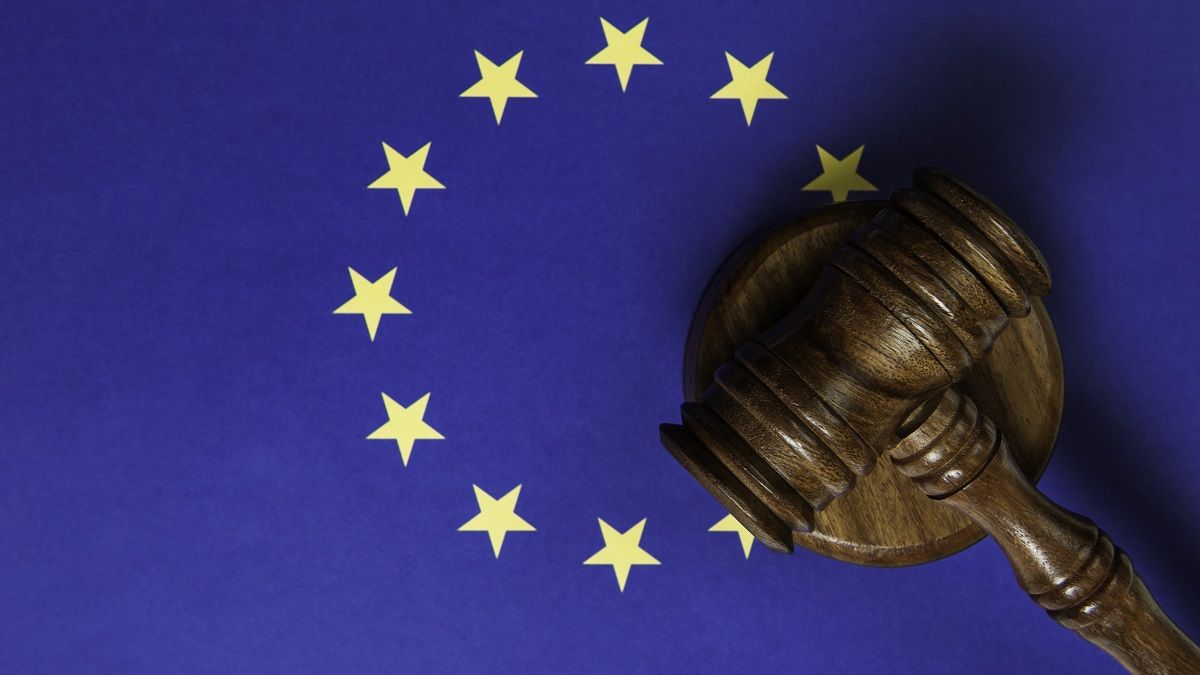The European Commission has found that Bank of America, Natixis, Nomura, RBS (now NatWest), UBS, UniCredit and WestLB (now Portigon) breached EU antitrust rules.
Between 2007 and 2011, a group of traders from the seven investment banks formed a cartel to swap commercially sensitive information relating to the primary and secondary European Government Bond markets.
The Commission said their behaviour “violates EU rules that prohibit anticompetitive business practices, such as collusion on prices”.
Some pay, some don’t
But only three of the investment banks were hit with penalties.
Nomura, UBS and UniCredit will collectively fork over €371m.
NatWest was the bank to expose the cartel to the Commission so it escaped any financial penalty.
Bank of America and Natixis were not fined because their infringements fell outside the statute of limitations.
Meanwhile Portigon received a zero fine as it did not generate any net turnover in the last business year, which served as a cap.
What happened?
According to the Commission, traders working on the European Government Bond desks of the seven banks formed a cartel, which saw them operating in a closed circle of trust.
The traders were in regular contact with one another, mainly via chatrooms on Bloomberg terminals, where they exchanged commercially sensitive information.
They discussed and provided each other with recurring updates on their bidding strategy in the run up to auctions by Eurozone member states when issuing euro-denominated bonds on the primary market, and on trading parameters on the secondary market.
They informed and updated each other on their respective prices and volumes offered in the run up to the auctions, and the prices shown to customers or the market.
Collusive behaviour
Margrethe Vestager, executive vice-president of the Commission, who was in charge of competition policy, said: “A well-functioning European Government Bonds market is paramount both for the Eurozone member states issuing these bonds to generate liquidity and the investors buying and trading them.
“Our decision against Bank of America, Natixis, Nomura, RBS, UBS, UniCredit and WestLB sends a clear message that the Commission will not tolerate any kind of collusive behaviour.
“It is unacceptable, that in the middle of the financial crisis, when many financial institutions had to be rescued by public funding these investment banks colluded in this market at the expense of EU member states.”

Editor’s Note: In association with our sister publications, Expert Investor has launched a Campaign for Better Governance.
It will see us shine a spotlight on investment companies as well as the businesses in which they invest.







